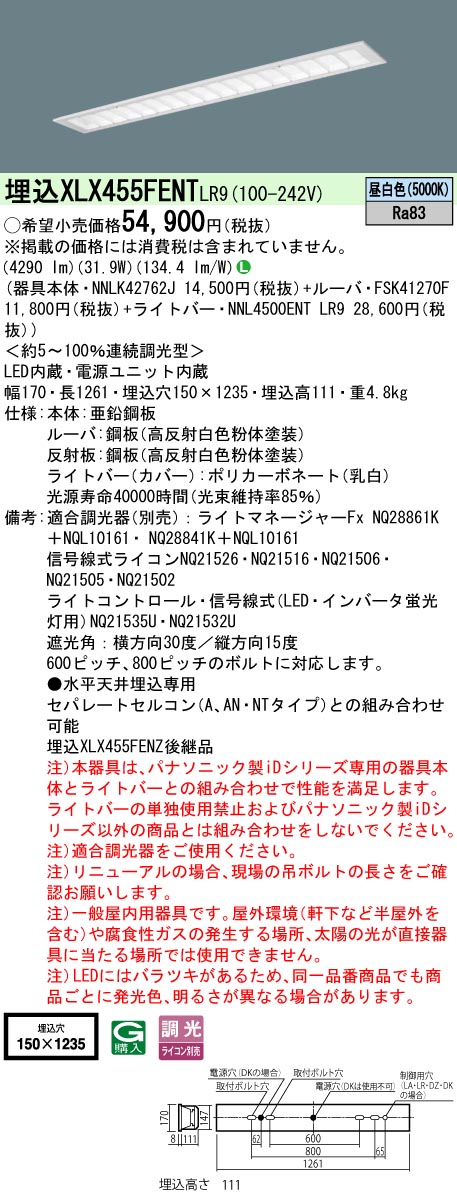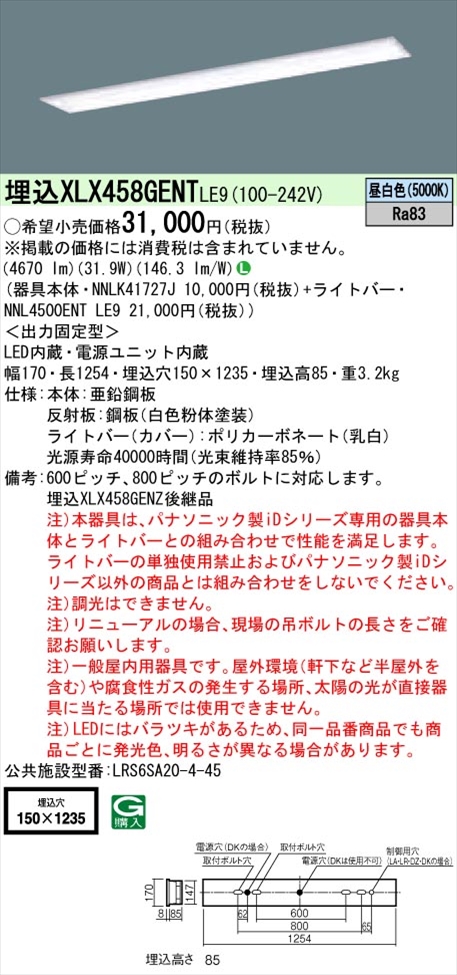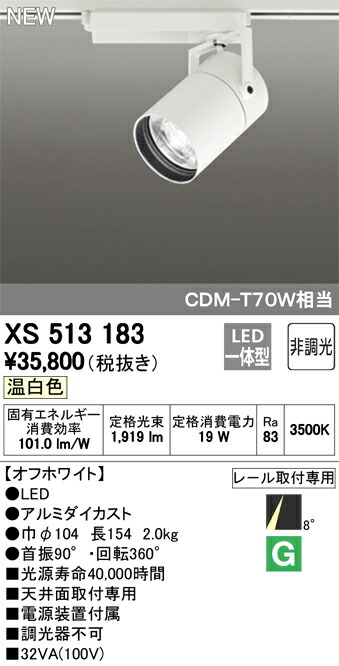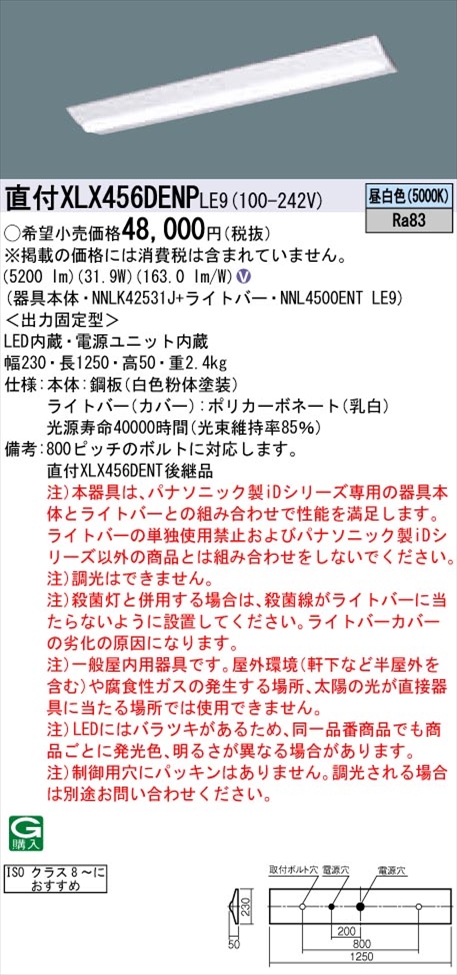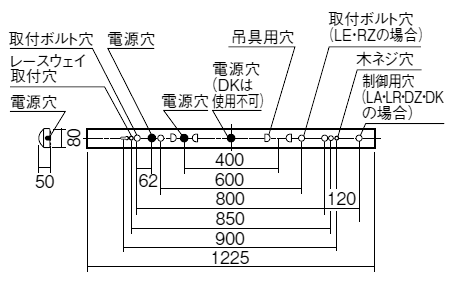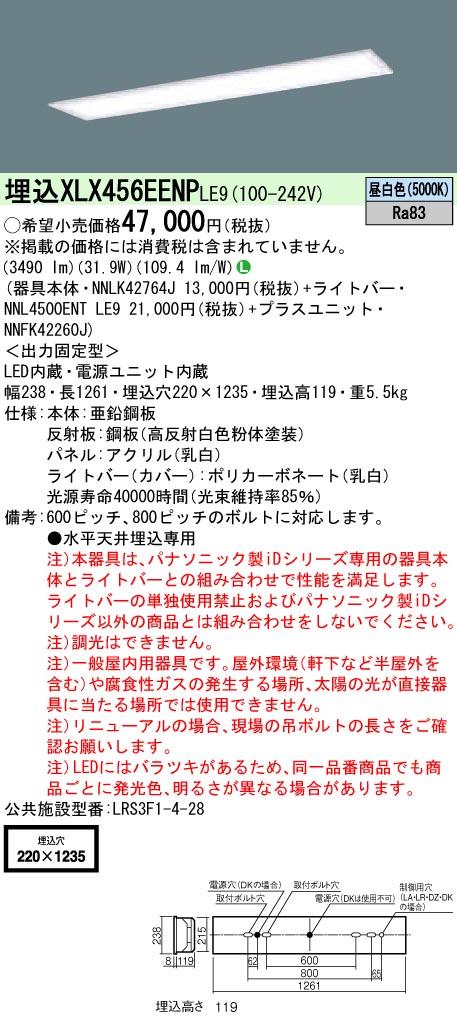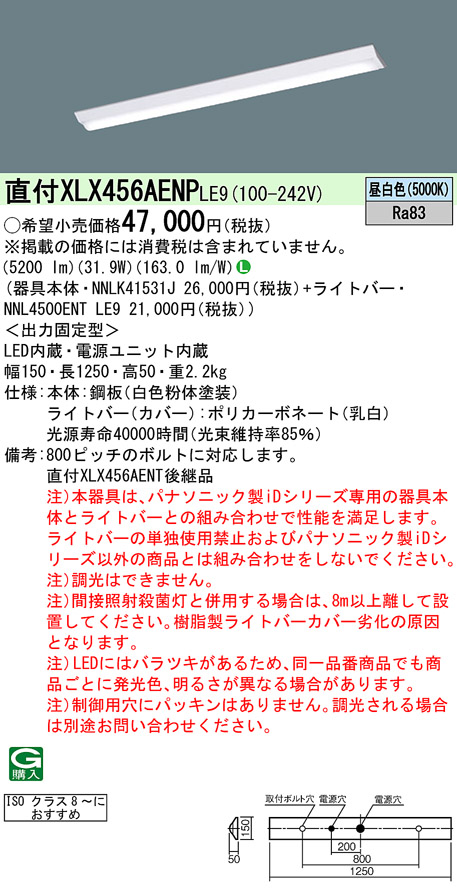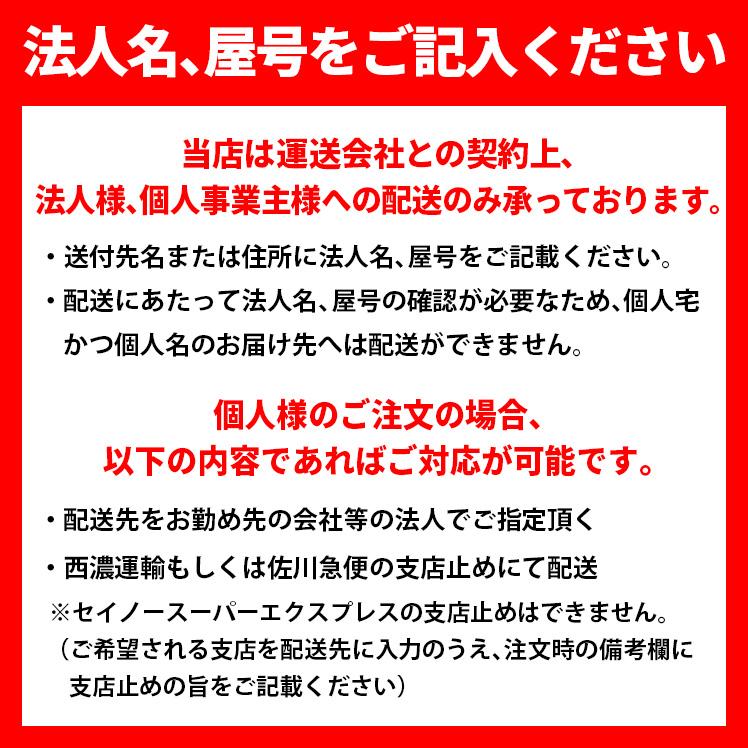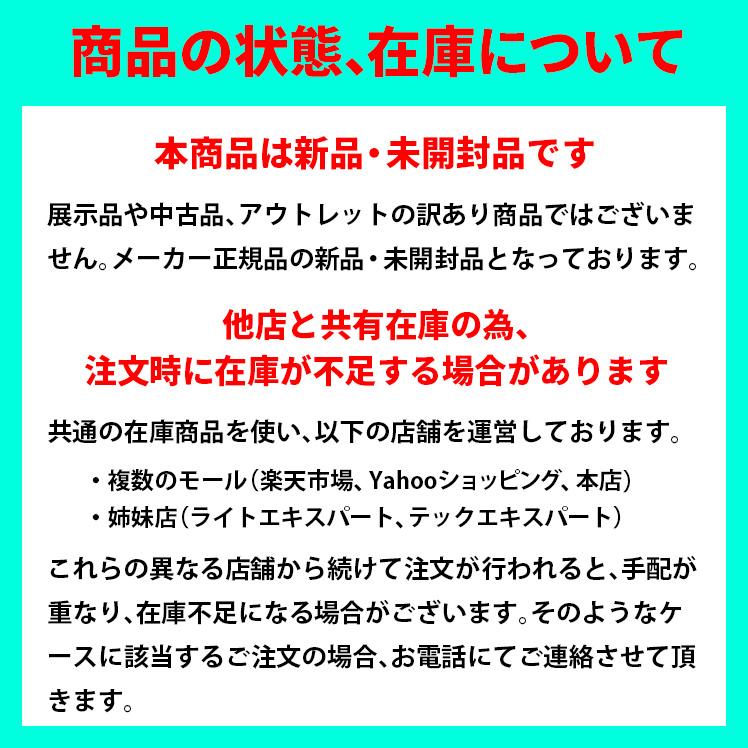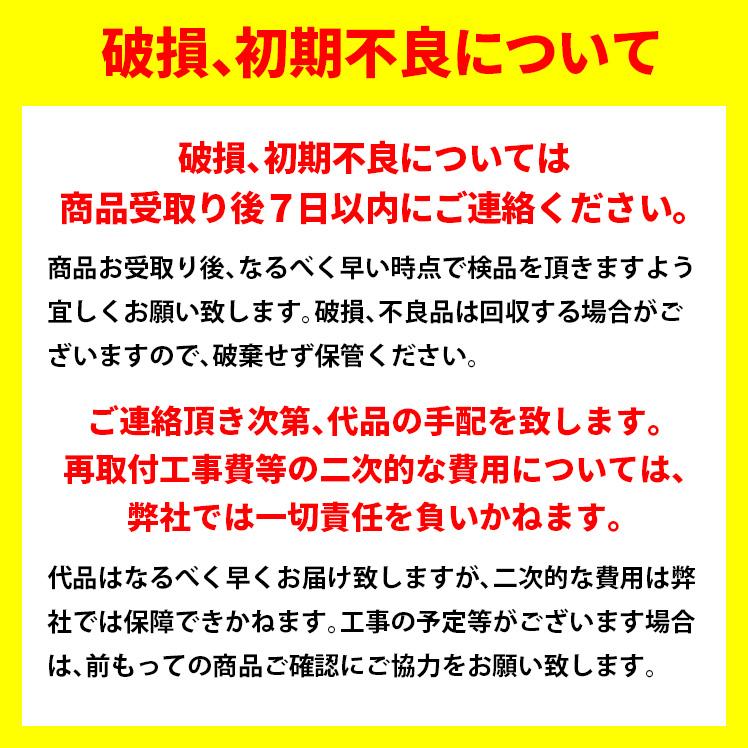[法人限定] XLX455FENT LE9 パナソニック iDシリーズ 埋込型 昼白色 5200lmタイプ 非調光 一体型LEDベースライト [ XLX455FENTLE9 ]
(税込) 送料込み
商品の説明
商品情報
※取付工事は必ず、工事店、電気店(有資格者)に依頼してください。一般の方の工事は禁止されています。
7482円[法人限定] XLX455FENT LE9 パナソニック iDシリーズ 埋込型 昼白色 5200lmタイプ 非調光 一体型LEDベースライト [ XLX455FENTLE9 ]家具、インテリア照明、電球在庫あり 直付 XLX459DEN LE9 パナソニック Dスタイル 非調光 昼白色 W230 5200lm 法人様限定販売 XLX459DENLE9 : xlx459denle9 : まごころでんき Yahoo!店 - 通販 - Yahoo!ショッピング法人限定] XLX455FENT LE9 パナソニック iDシリーズ 埋込型 昼白色
XLX455FENT | 照明器具検索 | 照明器具 | Panasonic
◎埋込XLX455FENT LE9 LEDベースライト 40形 埋込型 フリーW150 一般
XLX455FENT | 照明器具検索 | 照明器具 | Panasonic
[法人限定][即納在庫有り] XLX450VENT LE9 パナソニック iDシリーズ 埋込型 昼白色 5200 lmタイプ 非調光 [ XLX450VENTLE9 ] : 101k04252 : 照明専門店ライトエキスパート - 通販 - Yahoo!ショッピング
XLX455FENT 品番詳細 - Vカタ/VAソリューションカタログ - Panasonic
楽天市場】[法人限定][即納在庫有り] XLX410AENP LE9 パナソニック iD
在庫あり XLX450NENP LE9 パナソニック iスタイル W80 昼白色 5200 lm
在庫あり 直付 XLX459DEN LE9 パナソニック Dスタイル 非調光 昼白色 W230 5200lm 法人様限定販売 XLX459DENLE9 : xlx459denle9 : まごころでんき Yahoo!店 - 通販 - Yahoo!ショッピング
Amazon.co.jp: パナソニック(Panasonic) 一体型LEDベースライト iD
パナソニック(Panasonic) 一体型LEDベースライト iDシリーズ 20形 直付型 Dスタイル W150 一般タイプ 800lmタイプ 非調光タイプ FL20形器具×1灯相当 昼白色 XLX200AENJLE9 シーリングライト 照明器具
パナソニック直付XLX450AEN LE9一体型LEDベースライト iDシリーズ 40形
(特別価格) パナソニック XLX450NENP LE9 LEDベースライト 天井直付型 40形 iスタイル 5200lmタイプ 昼白色 非調光 Hf32形定格出力2灯器具相当 器具+ライトバー | エムズライト
パナソニック LEDベースライト iDシリーズ iスタイル(トラフ) Hf32高
le9 照明器具 nnl4500ent 天井照明の人気商品・通販・価格比較 - 価格.com
XLX455FENT | 照明器具検索 | 照明器具 | Panasonic
le9 照明器具 nnl4500ent 天井照明の人気商品・通販・価格比較 - 価格.com
[法人限定][即納在庫有り] XLX450DENP LE9 パナソニック iDシリーズ 直付型 昼白色 5200 lmタイプ 非調光 [ XLX450DENPLE9 ]
Amazon.co.jp: パナソニック(Panasonic) 一体型LEDベースライト iD
在庫有即出荷 オーデリック XS513183 LEDスポットライト 本体 TUMBLER
Amazon.co.jp: パナソニック(Panasonic) 一体型LEDベースライト iD
le9 照明器具 nnl4500ent 天井照明の人気商品・通販・価格比較 - 価格.com
Amazon.co.jp: パナソニック(Panasonic) 一体型LEDベースライト iD
le9 照明器具 nnl4500ent 天井照明の人気商品・通販・価格比較 - 価格.com
パナソニック(Panasonic) 一体型LEDベースライト iDシリーズ 20形 直付型 Dスタイル W150 一般タイプ 800lmタイプ 非調光タイプ FL20形器具×1灯相当 昼白色 XLX200AENJLE9 シーリングライト 照明器具
XLX453EENT | 照明器具検索 | 照明器具 | Panasonic
XLX455FENT | 照明器具検索 | 照明器具 | Panasonic
パナソニック LEDベースライト iDシリーズ iスタイル(トラフ) Hf32高
在庫あり 直付 XLX440DENU LE9 パナソニック Dスタイル 非調光 昼白色
le9 照明器具 nnl4500ent 天井照明の人気商品・通販・価格比較 - 価格.com
Amazon.co.jp: パナソニック(Panasonic) 一体型LEDベースライト iD
品番索引一覧 | 照明器具検索 | 照明器具 | Panasonic
le9 照明器具 nnl4500ent 天井照明の人気商品・通販・価格比較 - 価格.com
XLX456ZENT | 照明器具検索 | 照明器具 | Panasonic
Amazon.co.jp: パナソニック(Panasonic) 一体型LEDベースライト iD
Amazon.co.jp: パナソニック(Panasonic) 一体型LEDベースライト iD
le9 照明器具 nnl4500ent 天井照明の人気商品・通販・価格比較 - 価格.com
XLX457GENT | 照明器具検索 | 照明器具 | Panasonic
法人限定][即納在庫有り] NYS15341 LE9 パナソニック LED 投光器 広角
当社限定 西川 多層 毛布 シングル 厚手 150×210cm シングルロング 3.2
商品の情報
メルカリ安心への取り組み
お金は事務局に支払われ、評価後に振り込まれます
出品者
スピード発送
この出品者は平均24時間以内に発送しています
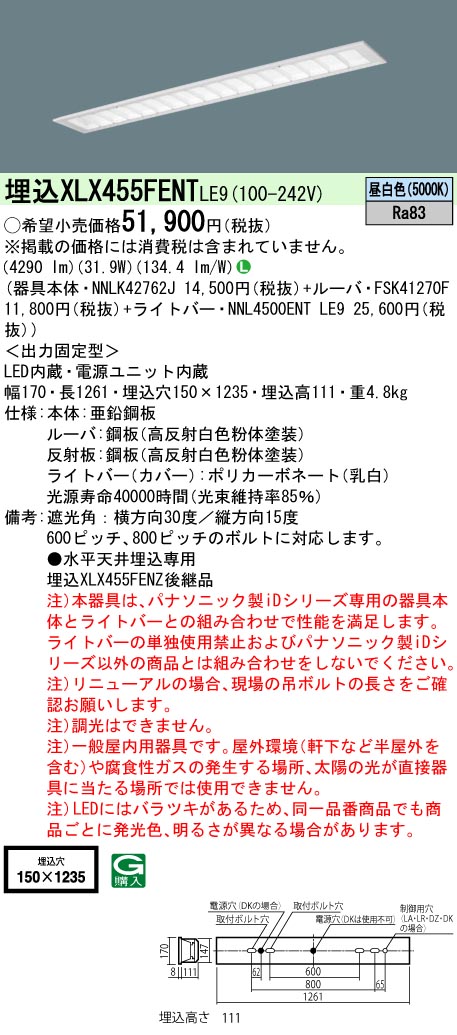


![楽天市場】[法人限定][即納在庫有り] XLX410AENP LE9 パナソニック iD](https://tshop.r10s.jp/light-expert/cabinet/led-baselight_01/101k02766_s.jpg)





